Are you ready to explore a destination that’s as resilient as it is beautiful? Juba, the capital of South Sudan, is a city that’s quickly becoming a hub for adventurous travelers. Despite facing numerous challenges, including civil unrest and infrastructure issues, Juba offers a unique blend of culture, natural beauty, and activities that make it an exciting place to visit.
As you plan your trip, you’ll discover that this vibrant city is full of life, from the mighty White Nile to the local markets and cultural centers. While tourism infrastructure is still developing, Juba provides authentic experiences that can’t be found in more touristy countries around the world. This guide will help you navigate the top attractions and hidden gems, ensuring your trip is both memorable and rewarding.
Discovering Juba: South Sudan’s Resilient Capital
As you step into Juba, the capital of South Sudan, you’ll experience the vibrant energy of Africa’s newest nation. Juba is not just a city; it’s a testament to the resilience and determination of its people.
History and Background of Juba
Juba stands as the proud capital of South Sudan, a country that gained independence from Sudan in 2011 after decades of civil war and struggle. As South Sudan’s capital city, Juba has experienced rapid growth and development despite the challenges faced by the young nation.
The city serves as the political, economic, and cultural hub of South Sudan, with government buildings, embassies, and international organizations establishing their presence here.
| Aspect | Description | Significance |
|---|---|---|
| Location | Strategically located along the White Nile | Historically made it an important trading post |
| Economic Growth | Rapid development and infrastructure improvement | Attracts businesses and investments |
| Cultural Significance | Hub for government, embassies, and international organizations | Represents the political and cultural heart of South Sudan |
The people of Juba have transformed the capital from a small town into a bustling urban center with improving infrastructure and services. Understanding Juba’s complex history provides important context for visitors exploring the various places and attractions within the capital of South Sudan.
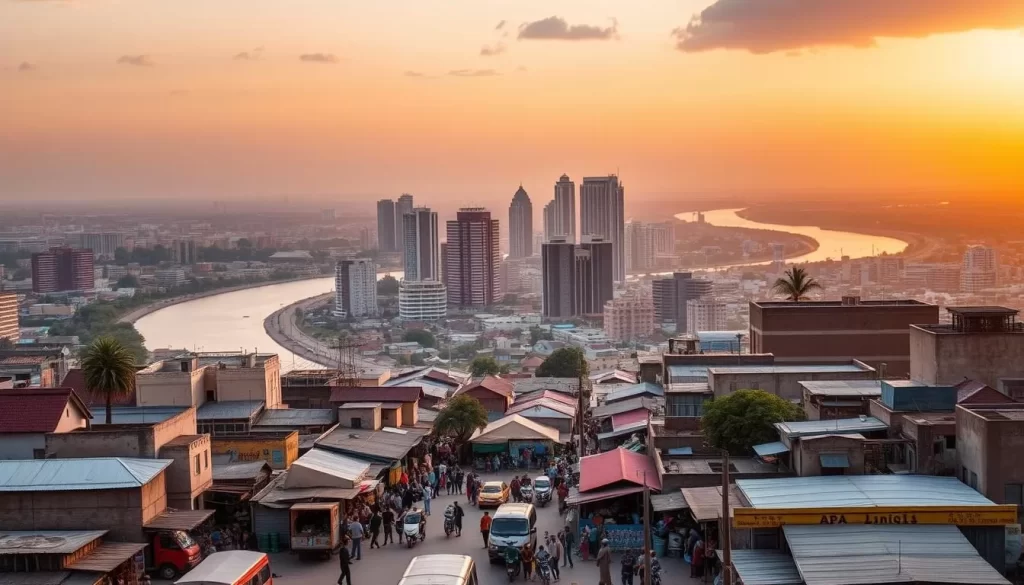
Juba is one of the fastest-growing cities in Africa, with good accommodation facilities and many more being built. The Juba International Airport is becoming busier every day with direct flights from the Middle East and Africa’s major capitals. The roads within and outside the city are getting better, and large companies have established a base to take advantage of the business opportunities available.
Explore the White Nile and Juba Bridge
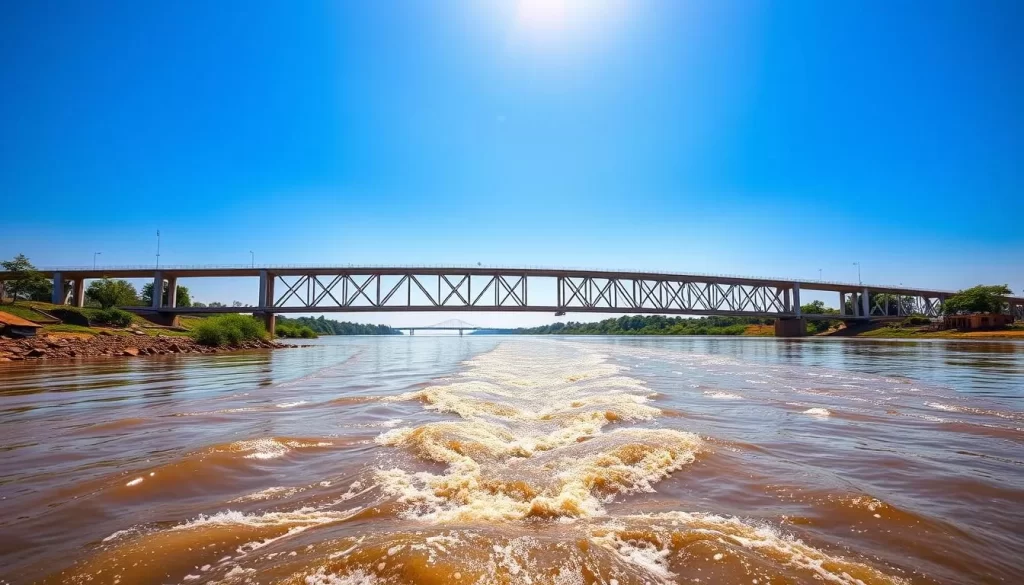
As you explore Juba, the capital of South Sudan, you’ll discover the majestic White Nile River flowing through the heart of the city. The White Nile is not just a significant geographical feature; it’s also a hub of activity and a place of scenic beauty.
Scenic Views and Activities on the Nile
The Juba Bridge is a prime spot to take in the views of the White Nile. From here, you can watch local fishermen casting their nets in the traditional way that has sustained communities for generations. The river is home to diverse wildlife, including hippos, various bird species, and occasionally crocodiles, making it an excellent place for nature observation.
For the adventurous traveler, boat tours can be arranged to explore the Nile’s calm waters around Juba, offering a unique perspective of the city. The White Nile is relatively calm and smooth flowing, making it an ideal spot for various activities. Moreover, a whitewater rafting crew has been set up near Nimule, giving adventurous travelers an opportunity to row through the challenging Nile rapids from Nimule all the way to Juba.
The second Juba bridge, completed more recently, has become both an important infrastructure project and a symbol of the country’s development. As you walk along the bridge, you can admire the river and understand its significance in the daily life of Juba’s residents. The White Nile flows through many countries, and visiting the Juba Bridge provides a great way to appreciate its grandeur.
Visit the John Garang Mausoleum
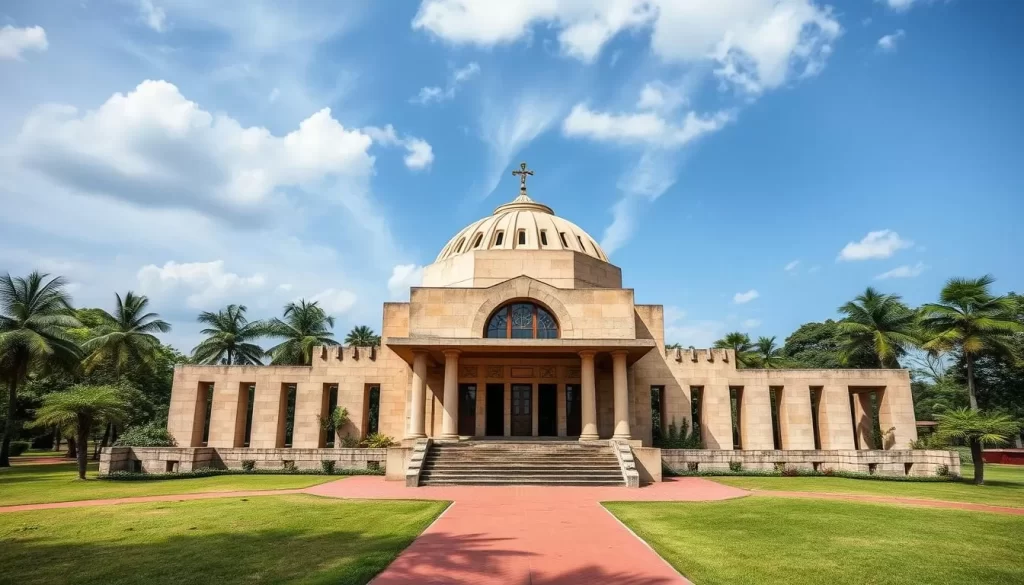
Located in the heart of Juba, the John Garang Mausoleum is a poignant reminder of South Sudan’s struggle for independence. This significant historical site honors the man widely regarded as the father of the nation.
Honoring South Sudan’s Revolutionary Leader
John Garang was a highly respected leader who played a crucial role in South Sudan’s fight for freedom. He led the Sudan People’s Liberation Army during the long civil war and was instrumental in negotiating the peace agreement that eventually led to South Sudan’s independence.
The mausoleum is built at the Avenue of Nations, a place where independence festivities are conducted. When you visit, you can pay homage to this revered leader and understand his contribution to the country’s history.
Some key highlights of the John Garang Mausoleum include:
- The mausoleum features a memorial statue, the tomb of the revolutionary leader, and displays about his life and contribution to South Sudanese freedom.
- An important note for visitors: the site is considered sacred by many South Sudanese people, so respectful behavior is essential when visiting.
- The mausoleum also serves as a venue for national celebrations and commemorations, making it a cultural and political landmark in the capital city of Juba.
As you visit the John Garang Mausoleum, you can gain a deeper understanding of John Garang’s vision for South Sudan and his role in shaping the country’s history. Guides are often available to provide historical context, enhancing the educational value of your visit.
Experience Local Culture at Nyakuron Cultural Centre
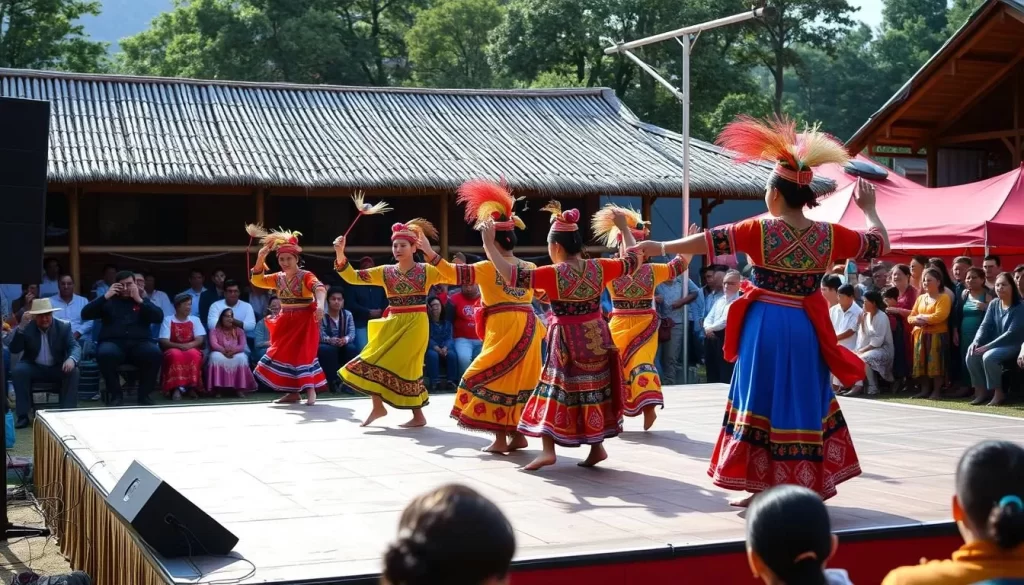
Immerse yourself in the rich cultural heritage of South Sudan at the Nyakuron Cultural Centre. This vibrant cultural hub is the premier destination in Juba for experiencing the diverse traditions of the people of South Sudan.
Traditional Performances and Art Exhibitions
The Nyakuron Cultural Center, built in 1976, has survived decades of conflict to remain a vital place for preserving and showcasing South Sudanese heritage. It hosts a variety of activities, including traditional dance performances, music events, and theatrical productions that highlight the country’s various ethnic groups.
Visitors to the cultural center can witness authentic cultural activities including traditional dances, storytelling sessions, and musical performances that represent South Sudan’s diverse communities. The facility includes an outdoor performance area, an auditorium, exhibition spaces, and gardens where people gather for both formal and informal cultural exchanges.
Some of the key features of the Nyakuron Cultural Centre include:
- The Nyakuron Cultural Center stands as the premier cultural hub in Juba, offering visitors an immersive experience into South Sudan’s rich and diverse traditions.
- Built in 1976, this cultural center has survived decades of conflict to remain a vital place for preserving and showcasing South Sudanese heritage.
- The Nyakuron Cultural Centre regularly hosts traditional dance performances, music events, and theatrical productions that highlight the country’s various ethnic groups.
- Visitors to the nyakuron cultural center can witness authentic cultural activities including traditional dances, storytelling sessions, and musical performances that represent South Sudan’s diverse communities.
- The facility includes an outdoor performance area, an auditorium, exhibition spaces, and gardens where people gather for both formal and informal cultural exchanges.
- For those interested in South Sudanese art, the nyakuron cultural center often features exhibitions of local crafts, paintings, and sculptures that reflect the nation’s artistic traditions.
By visiting the Nyakuron Cultural Centre, you can gain a deeper understanding of the cultural fabric of South Sudan and enjoy the lively cultural center atmosphere that it offers.
Shop at Konyo Konyo Market
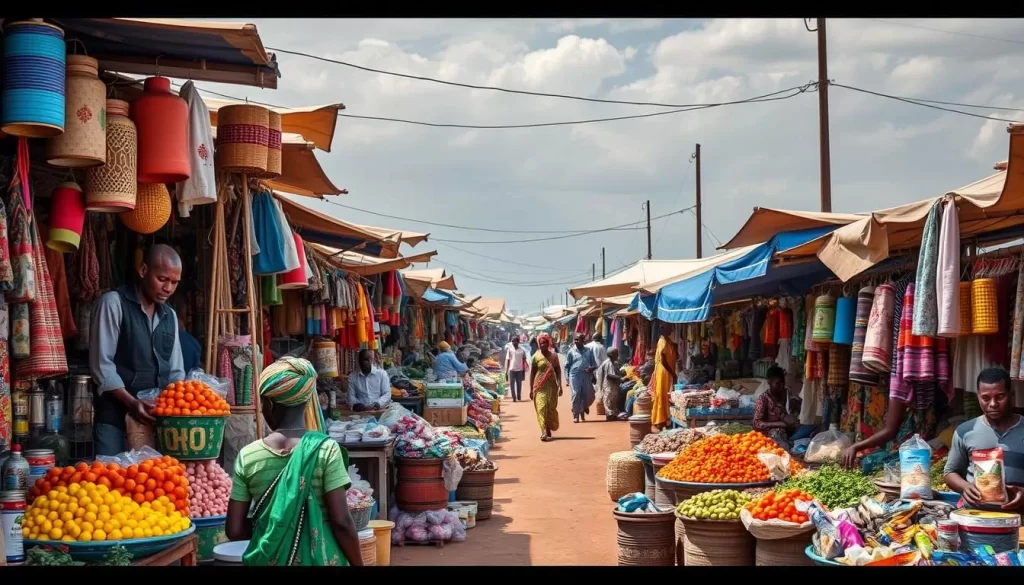
For an immersive experience in South Sudanese daily life, visit Konyo Konyo Market, Juba’s largest and most vibrant marketplace. Located near the city center, this bustling hub offers a unique glimpse into the local culture and commerce of South Sudan.
An Authentic Shopping Experience
Konyo Konyo Market is the best place to observe local people gathering to buy vegetables, fruits, and groceries. The market is a sensory explosion of sights, sounds, and smells that exemplify the energy and resilience of South Sudan’s people and their trading traditions.
Visitors can find unique South Sudanese products at reasonable prices, though bargaining is expected and part of the cultural experience. The market is particularly lively in the morning hours when fresh produce arrives from surrounding rural areas, making it an ideal time to visit.
Navigating the crowded pathways of Konyo Konyo can be challenging, but it offers one of the most authentic cultural experiences in the city and a chance to interact with friendly local vendors. For safety and the best experience, consider visiting with a local guide who can help you navigate the market and explain the various goods and customs you’ll encounter.
Climb Jebel Kujur for Panoramic Views
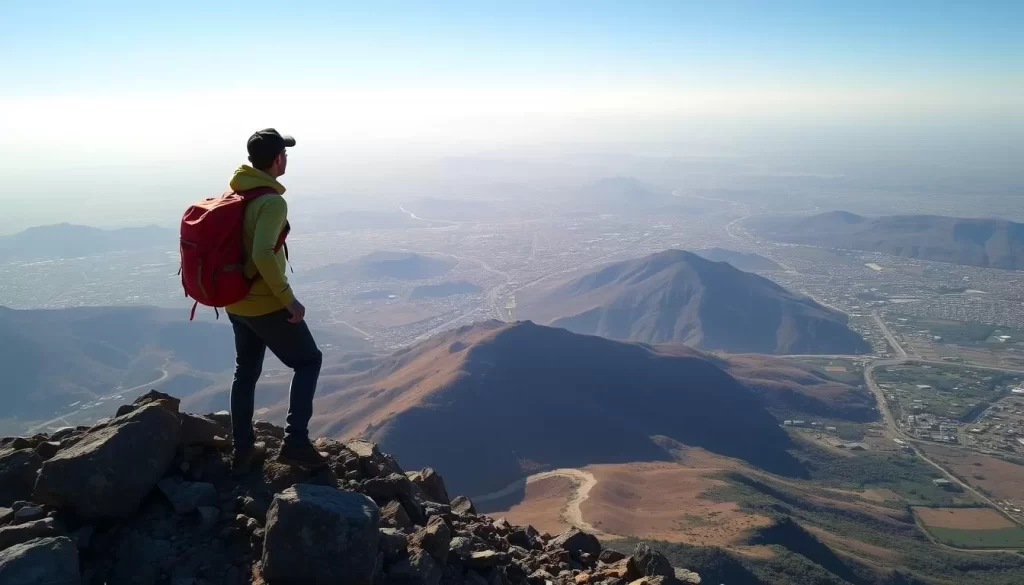
If you’re looking for a panoramic view of Juba, the capital city of South Sudan, climbing Jebel Kujur is a must-do activity. This mountain, standing at 684 meters high, offers a moderate hiking adventure that’s accessible to most visitors with reasonable fitness levels.
Hiking and Photography Opportunities
Jebel Kujur is a significant landmark in South Sudan, providing not only an exciting hiking experience but also spectacular views of the city and the winding White Nile. The mountain has historical and cultural significance, having been a site for traditional rituals and ceremonies in the past.
Many tour operators offer guided hikes up Jebel Kujur, which typically take 2-3 hours round trip, depending on your pace and how long you spend at the summit. It’s recommended to climb early in the morning or late in the afternoon to avoid the intense midday heat and to capture the most dramatic lighting for photographs.
The hike provides an excellent opportunity to spot local bird species and observe the unique vegetation that grows on the slopes of this iconic Juba landmark. As you reach the summit, you’ll be rewarded with breathtaking vistas of the entire capital city and the surrounding landscapes that define South Sudan’s natural beauty.
For photography enthusiasts and nature lovers, Jebel Kujur is a must-visit place in South Sudan. The panoramic views from the top make it an ideal spot for capturing the essence of Juba and its surroundings.
Juba, South Sudan: Best Things to Do – Top Picks for Adventure Seekers
For those who crave adventure, Juba offers a range of thrilling activities that showcase the natural beauty of South Sudan. As an emerging destination for off-the-beaten-path experiences, Juba is a haven for adventure seekers.
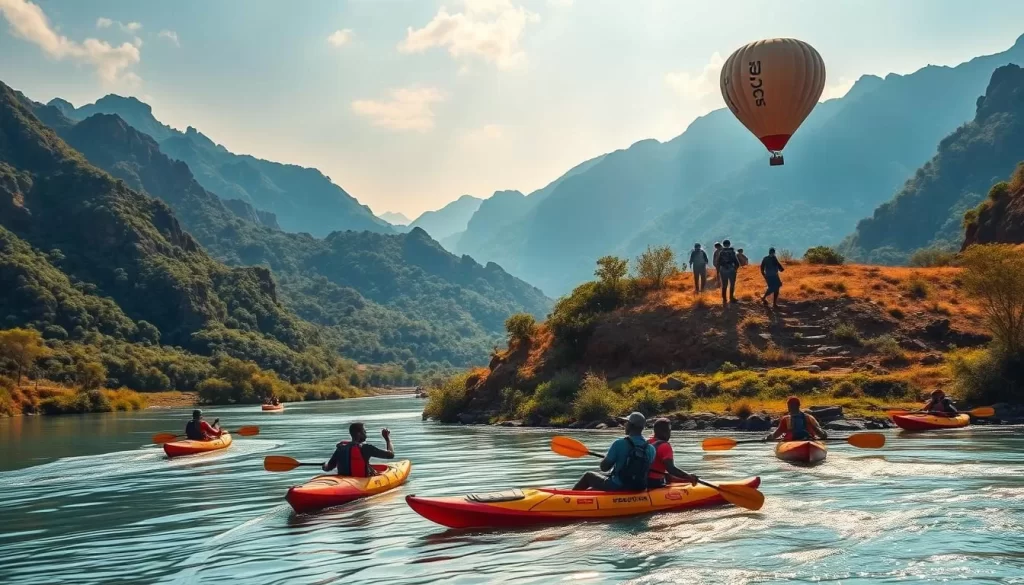
Outdoor Activities and Excursions
One of the most exhilarating experiences is whitewater rafting on the Nile. You can book a trip with African Rivers, who will take you from Juba to the Fola Falls in Nimule National Park. The journey includes navigating through grade 4 rapids and spotting wildlife such as hippos, crocodiles, and elephants.
Juba is surrounded by opportunities for adventure activities. Some of the top picks include:
- Hiking to Mount Kinyeti, the highest peak in South Sudan, which requires several days of preparation.
- Exploring the national parks near Juba, such as Nimule National Park, for wildlife viewing.
- Enjoying day trips for sport fishing on the White Nile.
- Embarking on multi-day expeditions for whitewater rafting.
- Participating in birdwatching excursions in the wetlands surrounding Juba, known for over 450 species.
Whether you’re looking for a trip that combines adventure and nature or simply want to experience the thrill of activities in South Sudan, Juba has something to offer. With its unique blend of culture and outdoor excitement, Juba is an ideal destination for those seeking adventure.
Visit Religious and Educational Landmarks
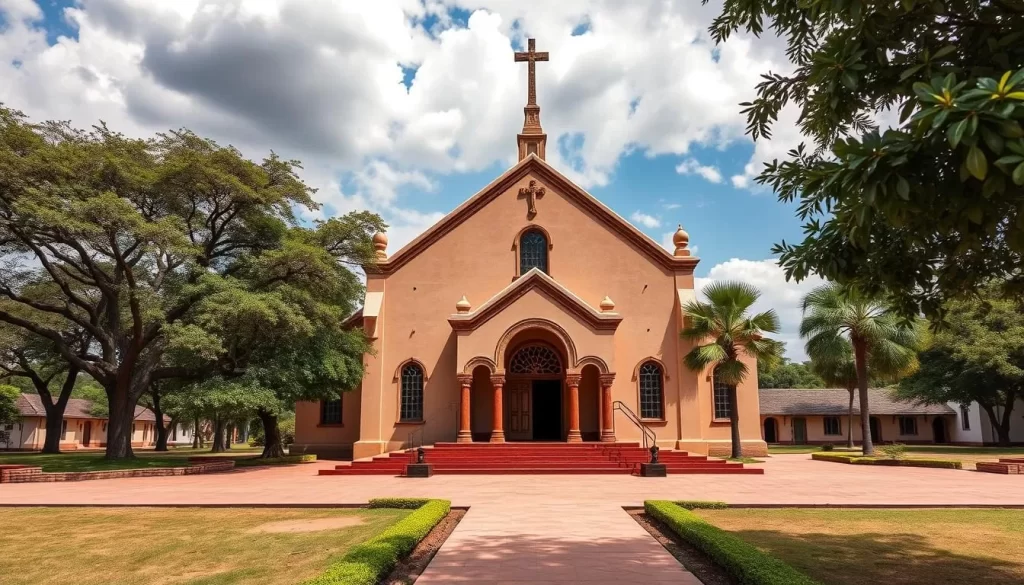
As you explore Juba, the capital city of South Sudan, you’ll discover a rich tapestry of religious and educational landmarks. These sites not only reflect the city’s diverse faith traditions but also its commitment to education and cultural heritage.
Churches, Mosques, and the University of Juba
Juba hosts several significant religious landmarks, including the All Saints Cathedral, which serves as the main Anglican worship center in the city. The cathedral offers services in multiple languages, including English, Zande, and Arabic, making it a gathering place for both locals and visitors.
Another important Christian landmark is St. Theresa Cathedral, known for its distinctive architecture that blends traditional and modern design elements. The Wau Catholic Cathedral, built in 1913, is also noteworthy for its impressive architectural designs and rare glass windows and stone carvings.
The University of Juba, founded in 1977, is the largest public university in South Sudan and an excellent place to visit. Despite being relocated to Khartoum during periods of civil unrest, the university has continued to play a vital role in the country’s educational development. Students are taught in English, making it an important institution for academic pursuits in the region.
A guided tour of these landmarks provides valuable insight into the religious and educational development of South Sudan. These sites demonstrate the resilience of the country’s institutions and their contribution to nation-building.
Visiting these places allows you to understand the complex history and cultural diversity of South Sudan, as reflected in the architectural styles of its religious and educational buildings.
Taste South Sudanese Cuisine at Local Restaurants
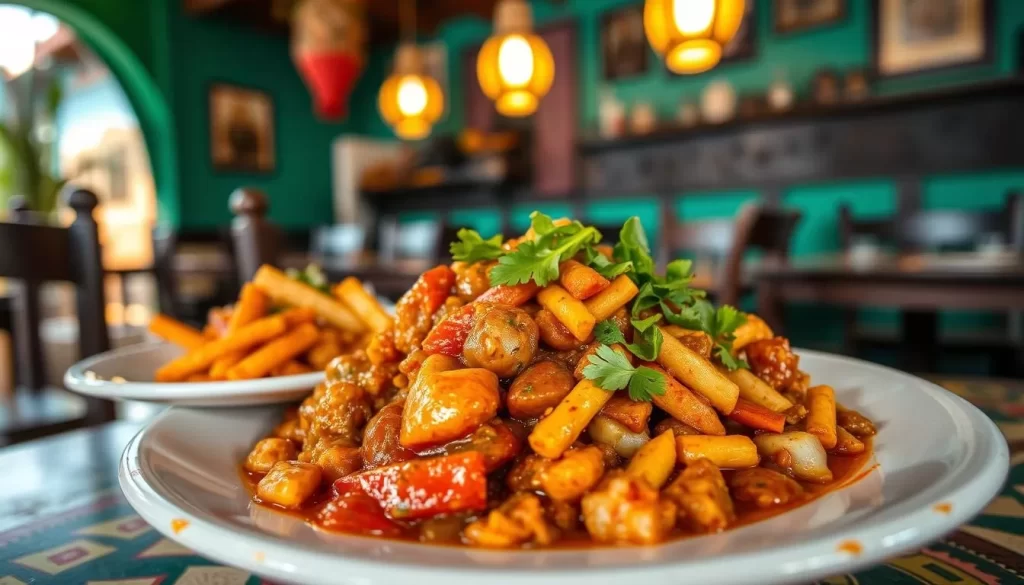
As you explore Juba, South Sudan’s vibrant capital, you’ll discover a diverse culinary scene that reflects the city’s cultural heritage. The large humanitarian and expatriate community in Juba has led to the establishment of some fine restaurants within the capital.
Traditional Dishes and Dining Recommendations
South Sudanese cuisine offers a delicious window into the country’s cultural heritage, with dishes that reflect both local traditions and influences from neighboring countries. Traditional dishes to try include kisra (a type of flatbread), wal wal (a stew typically made with meat or fish), and various fresh fish preparations from the Nile.
Juba’s restaurant scene has expanded significantly in recent years, with options ranging from local eateries serving authentic South Sudanese food to international establishments catering to expatriates and visitors. For an authentic dining experience at reasonable prices, seek out local restaurants away from the main expatriate areas of the city.
Some popular establishments among visitors include Da Vinci for Italian cuisine, Notos Lounge for Mediterranean dishes, and Juba Bridge Hotel Restaurant for local and Ethiopian cuisine. Many restaurants in Juba stay open late into the night, particularly in the safer areas frequented by international workers, offering options for evening dining and socializing.
For those wanting to sample traditional food in a more upscale setting, contact your hotel for recommendations, as some of the best places may not have a strong online presence. The growing coffee culture in the capital is also worth exploring, with several cafés offering locally-sourced South Sudanese coffee.
Day Trips from Juba
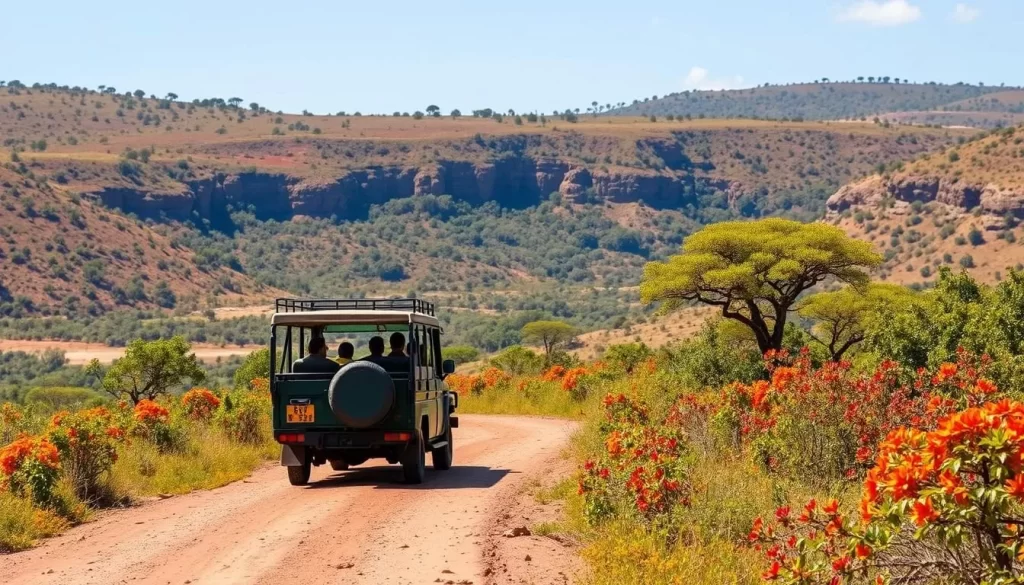
With its strategic location, Juba serves as an ideal starting point for day trips to nearby national parks and historic towns. You can explore the natural wonders and cultural heritage of South Sudan without being too far from the capital.
National Parks and Wildlife
Nimule National Park, located about 190 km from Juba, is one of the most accessible national parks from the capital. It’s an excellent destination for a day or overnight trip to observe wildlife, including elephants, hippos, and various antelope species. The park is home to leopards, baboons, zebras, warthogs, and several species of antelopes.
The dry season, from December to March, is generally the best time for these excursions, as roads are more passable than during the rainy season. Tour operators based near Juba International Airport can arrange transportation and guides for these excursions.
Mount Kinyeti and Historic Towns
For those with more time, a multi-day trip to Mount Kinyeti in the Imatong Mountains offers a challenging adventure and the chance to climb South Sudan’s highest peak at 3,187 meters. You can also visit historic towns like Gondokoro, which has historical significance as an early trading post.
When planning trips to national parks and other areas outside Juba, it’s essential to check current security conditions and obtain any necessary permits in advance. This will ensure a smooth and enjoyable trip.
Conclusion: Making the Most of Your Juba Experience
Juba, the capital of South Sudan, is a city that is slowly revealing its beauty to travelers. As you prepare to visit this resilient city, it’s crucial to be aware of the current situation and plan accordingly.
Practical Considerations for Travelers
When traveling to Juba, timing is everything. The dry season, from December to March, is the best time to visit, as the rainy season can make travel difficult. It’s also important to research current conditions and remain flexible in your plans due to the country’s history of civil war and recent challenges.
To navigate Juba effectively, consider hiring a local guide who can provide cultural context and help you avoid potential pitfalls. Accommodation options range from basic guesthouses to higher-end hotels, although prices are typically higher than in neighboring countries.
For a smooth trip, pre-arrange drivers and consider purchasing a local SIM card upon arrival at Juba International Airport. Be mindful of local customs and restrictions, such as prohibitions on photographing government buildings and military installations.
Despite the challenges, Juba offers a unique travel experience, with authentic cultural interactions and natural beauty. Approach your journey with an open mind and a spirit of adventure, and you’ll find that the extra effort is well worth it.
The above is subject to change.
Check back often to TRAVEL.COM for the latest travel tips and deals.
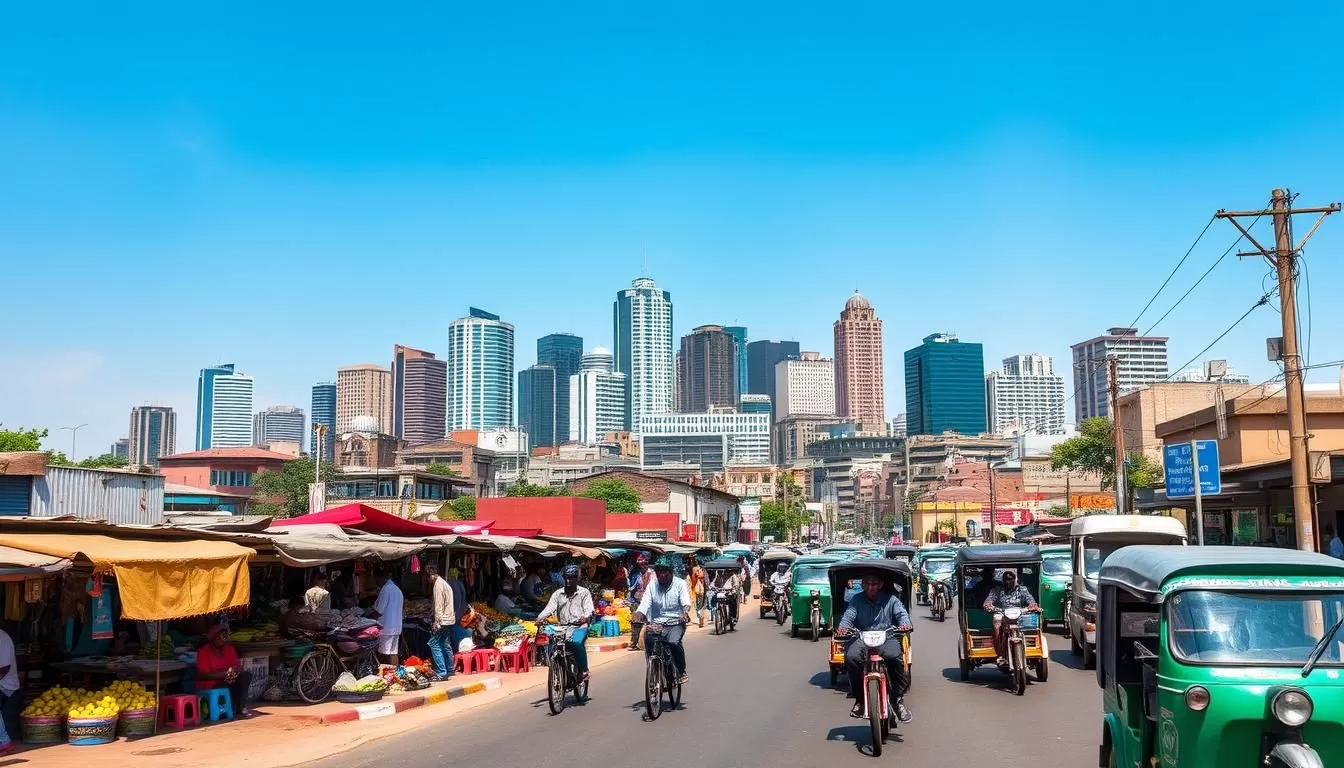
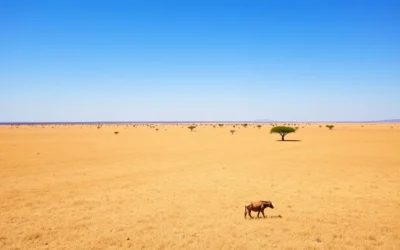
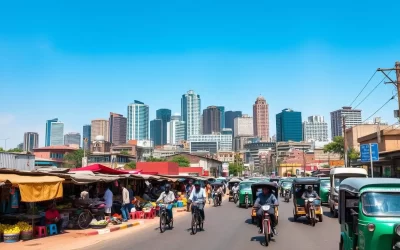
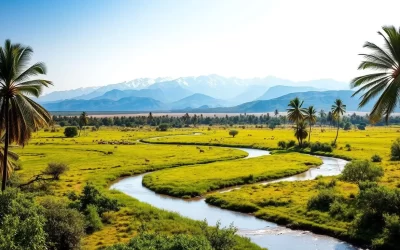
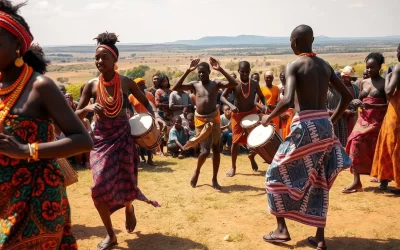
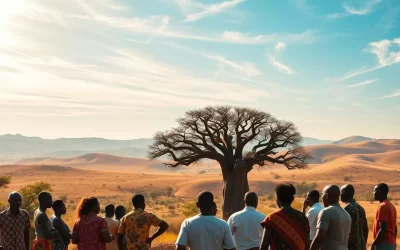
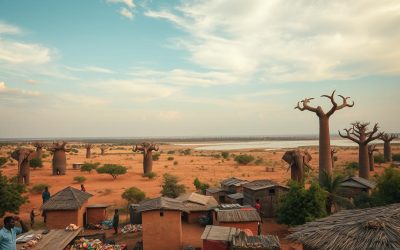
0 Comments